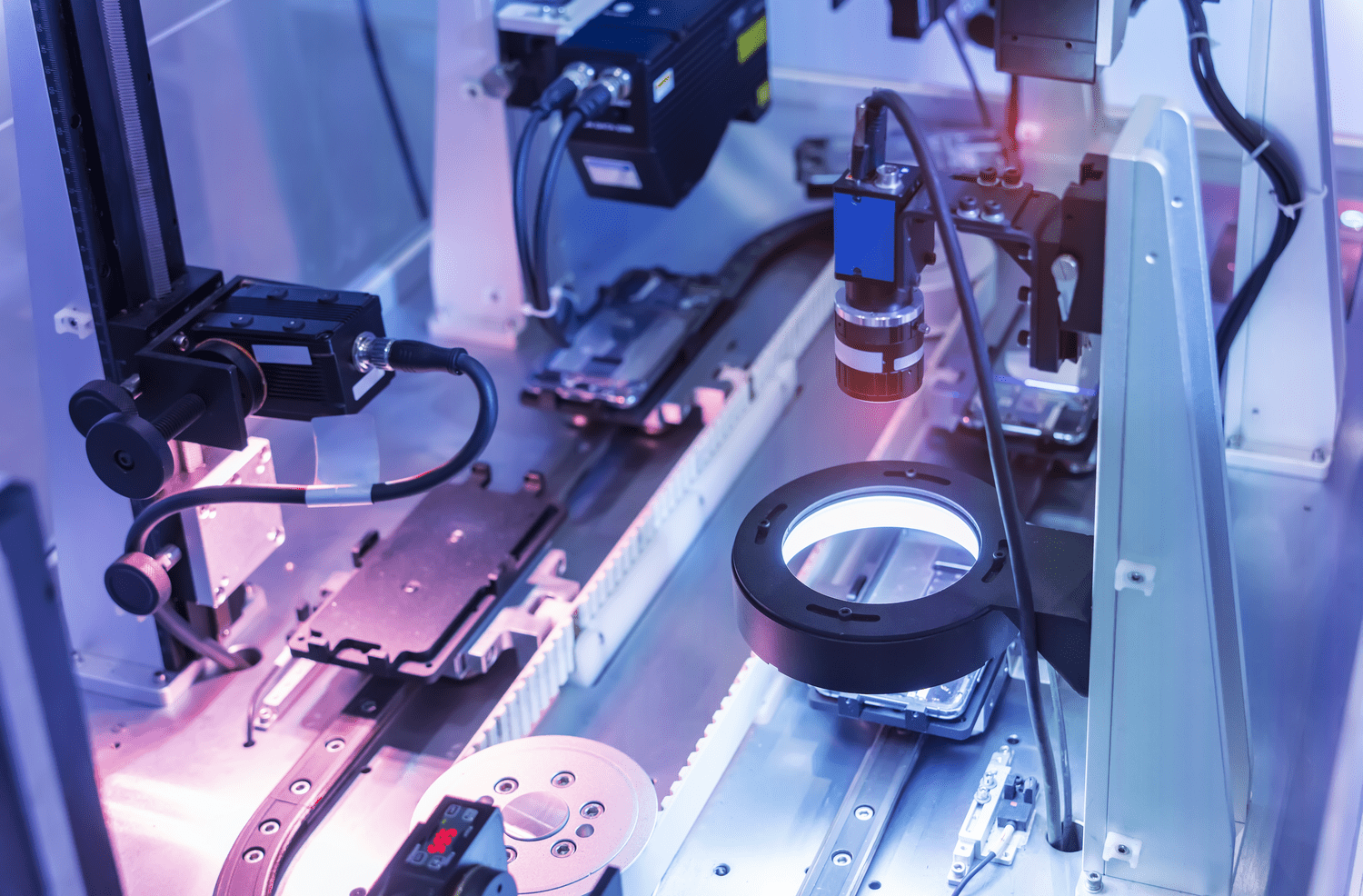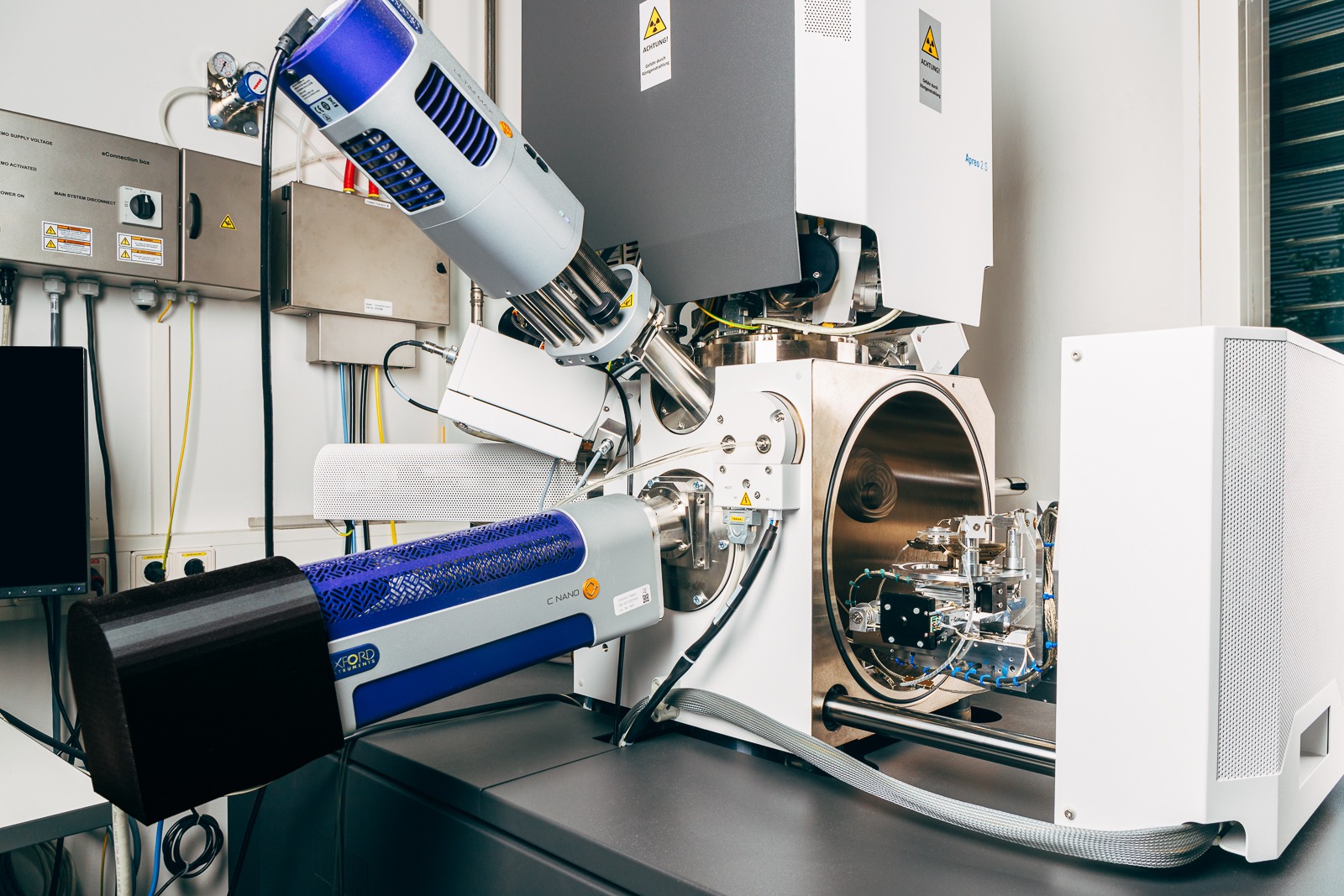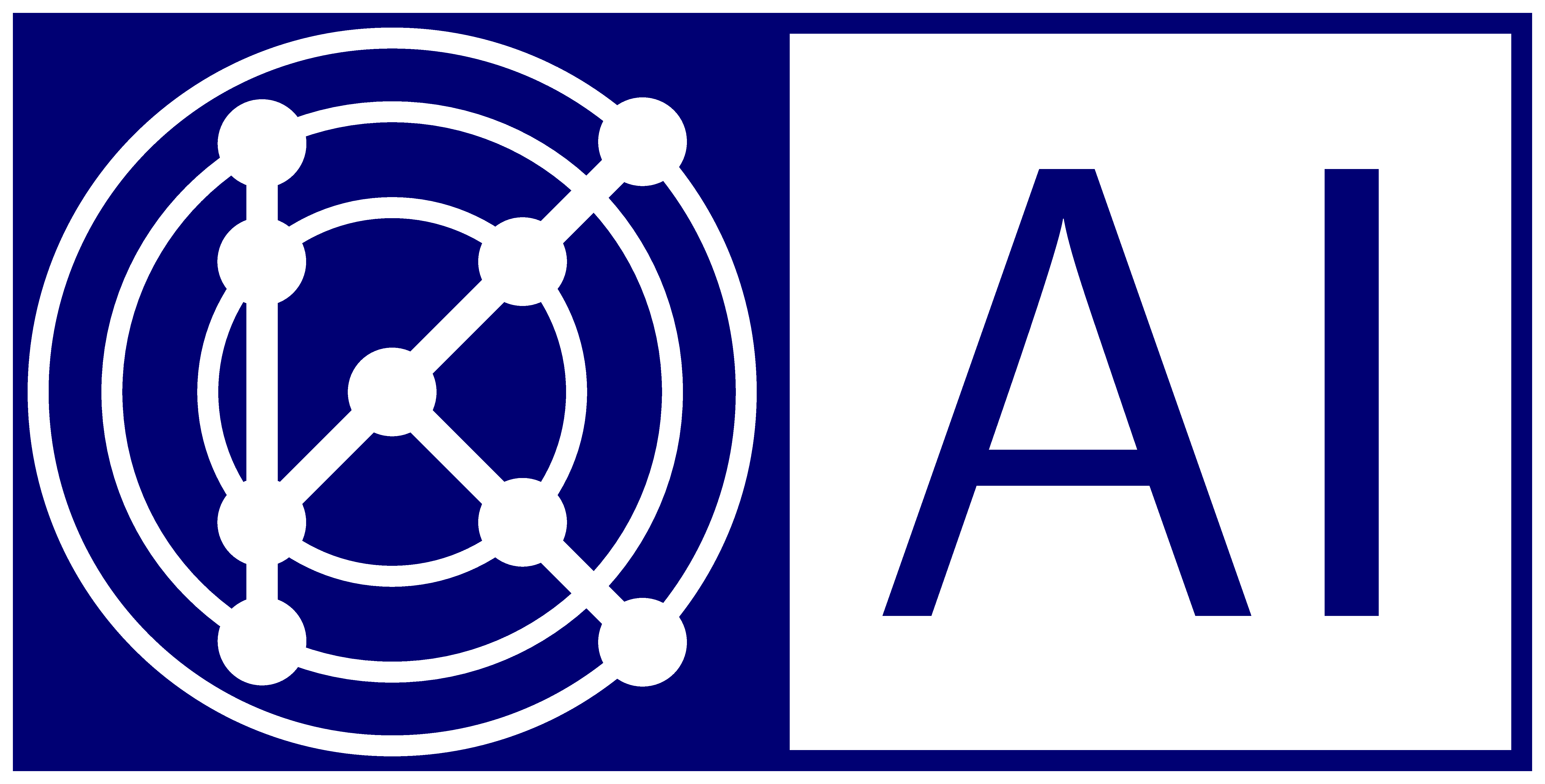Our Main Competences

When KAI was founded back in 2006, the reliability of Smart Power devices used for applications in the automotive market was our dominant area of research. Today our scope is extended to virtually all aspects of power semiconductor performance and reliability in the application fields of power conversion and load switching. We therefore investigate the newest devices, materials and applications of cutting-edge technologies and products.
We develop new methods for accelerated application-relevant stress testing of power devices, be it the latest generation of silicon-based automotive switches with smallest footprint and power consumption, be it the first of their kind wide-band-gap power semiconductor devices made of silicon carbide or gallium nitride, which enable unrivaled efficiency in power conversion. Yet unknown failure modes of such devices are revealed and the underlying physical degradation mechanisms systematically researched.


In intensive cooperation with renowned academic research partners, and always supported by the R&D-power and the modern production capabilities of a world leading semiconductor company, we have developed strong competence in understanding, measuring, modelling and simulating the relevant effects and parameters: from capture and emission events in the band gap of a SiC-MOS, over corrosion- and ion migration phenomena in metallization stacks, to temperature-dependent mechanical parameters of thin metal films, the numerical simulation of fatigue damage, and the mathematical formulation of lifetime models.
Based on a profound understanding of device ageing and degradation, we propose new solutions in technology and product design, try out modified materials, devices and circuits with superior performance, and propose new methods to quantify and demonstrate their reliability. Our research shall enable an efficient development and successful launch of novel and innovative power semiconductor technologies and products in a strongly developing field with global impact.
